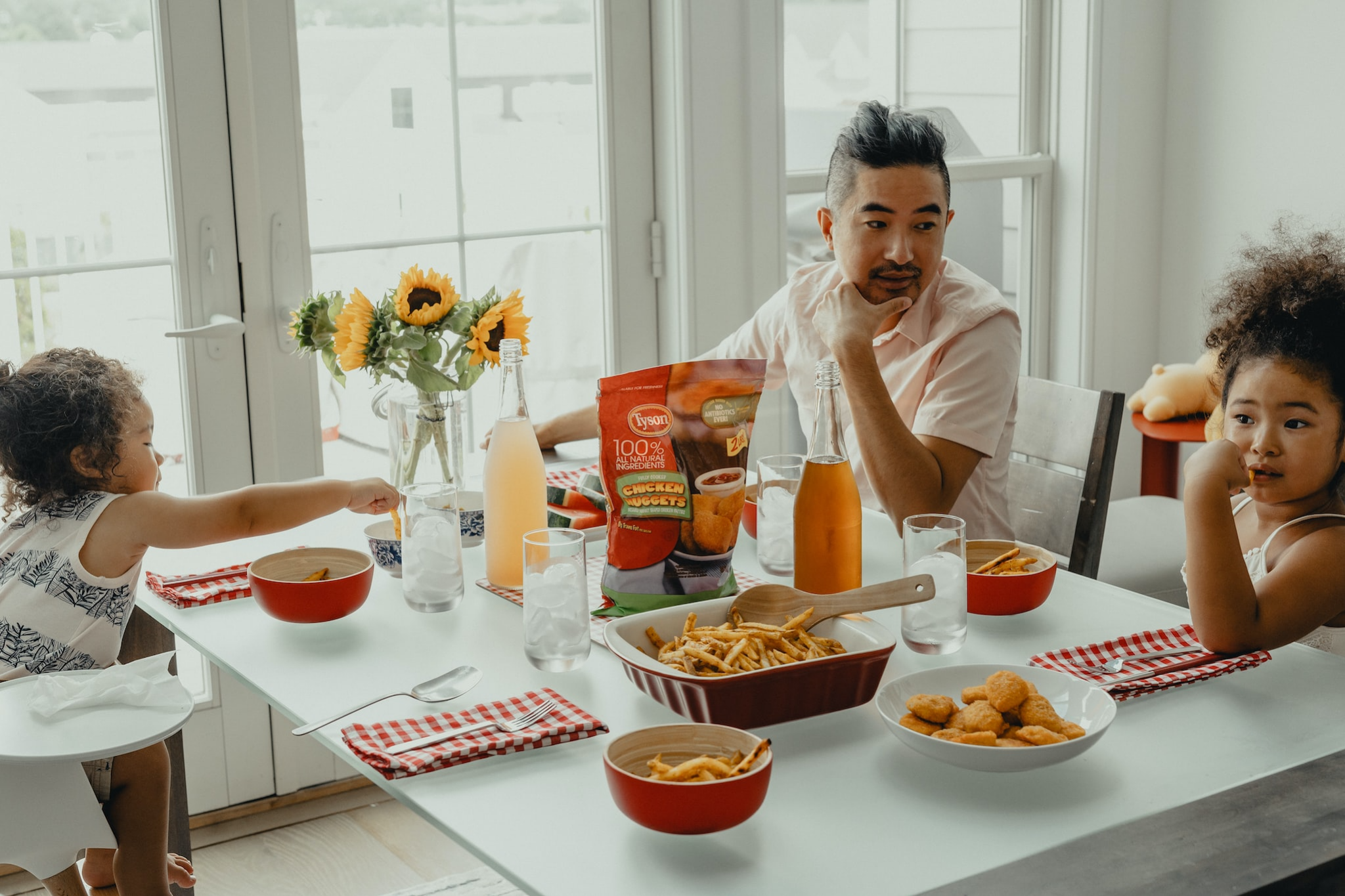Where’s my Good Eater gone?
Like many mums, I was rattled when my eldest, a ‘good’ eater of anything from broccoli to anchovies, turned two and started saying No and Yuck. Bananas, sultanas, and yoghurt hit the refusal list, and forget about lettuce and peas!
Where do our awesome little omnivores go* and what can we do to get them back? A lot of advice focuses on behaviour (they’re busy, they’re bossy) or doing whatever you can to encourage tastings, but increasingly science is telling us why patience is your best tool.
The good news about refusing greens
It’s normal for toddlers to reject vegetables. I’m not suggesting you give up, but take comfort that your child has a strong survival instinct!
As adults, we know vegetables are good for us but we also know which vegetables are safe from the thousands of plants that are poisonous. Evolutionary theory applied to nutrition says babies and toddlers are programmed to reject plants because they are an easy but unpredictable food source. Even safe plants may taste bitter as protection from predators.
What helps? Lots of patience, and maybe a nip of honey in your peas and carrots. Milk is sweet, so that taste signals safety to children, but don’t rely on sugar to get you through. Keep offering a changing range of vegetables in small portions, and eat with your child so they observe and gradually learn the green things you give them are safe.
The bitter truth
Evolution throws another safety net to children around age two or three, and heightens all their senses. Not only are their taste buds hyped up, but their experience of food’s texture, smell, and looks is more extreme than yours – a bit like when your partner compares his sprained ankle to labour pains.
If some adults reject mushrooms as slimy or coriander as soapy, how much worse might that be for a child? And when toddlers push the bowl away and say Don’t like it, we say But you haven’t even tried it! We assume that taste is the problem.
A study in UK preschools found children who smelled, touched, looked at, and even listened to vegetables over several weeks were more likely to eat those foods when they were later offered them in meals than a control group who didn’t have get the advance exposure.
What helps? Don’t obsess about taste only. Food refusal applies to all our senses and so does food acceptance. Involving kids in cooking (even if they aren’t eating much) will expose them to all sorts of food senses. If they’re too small to help chop or stir vegetables, they can have fun sorting through vege tops, peels and cores, becoming more and more familiar with all their senses.
* She’s a healthy 20 years old now and recently called to tell me she ate a whole blueberry, saying: I realised you’re the only person who gets how big a deal that is. I am Kate, I really am.
By Bec Lloyd. ‘The Flawsome Family Mealbook” can be found at www.unyucky.com

